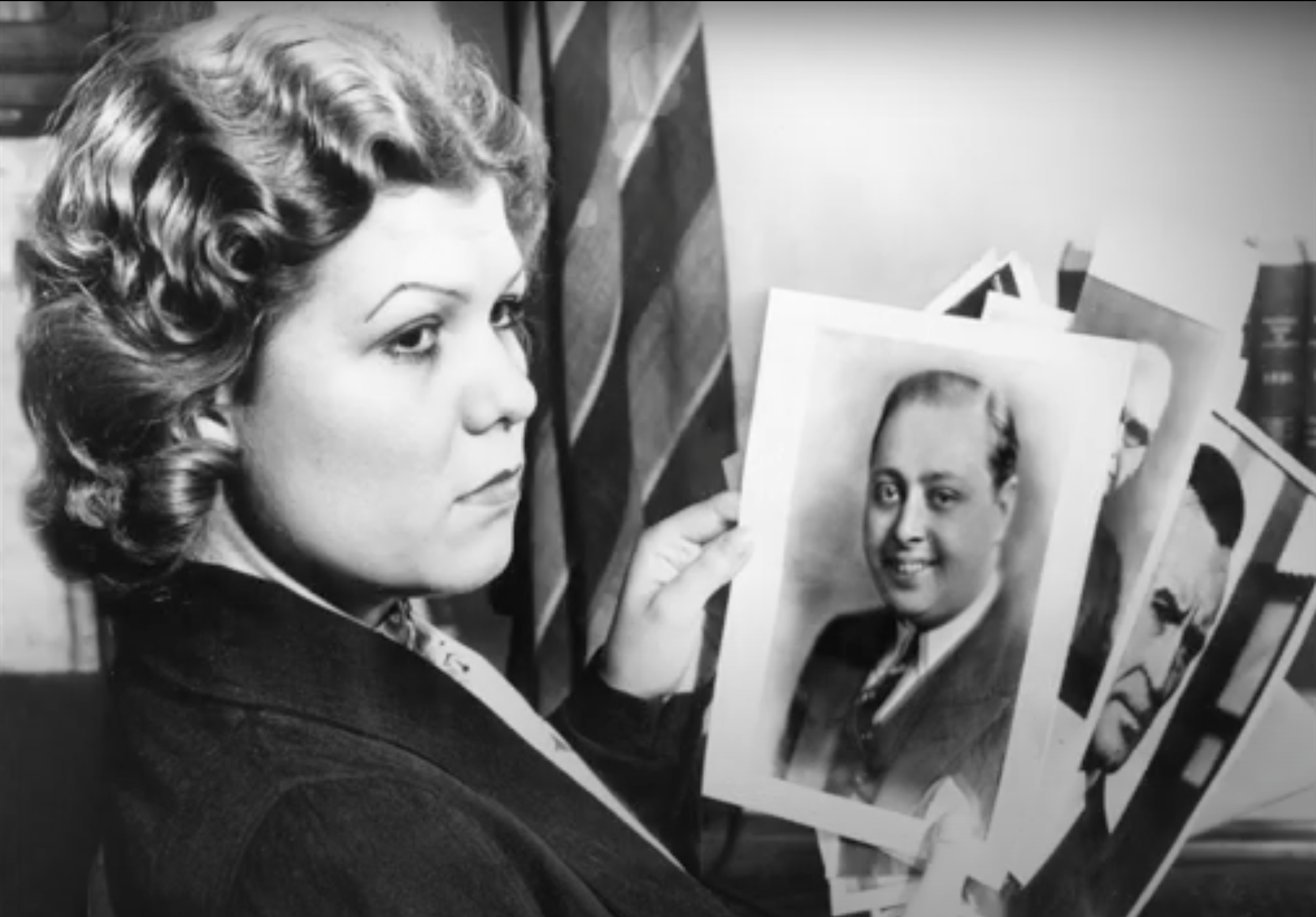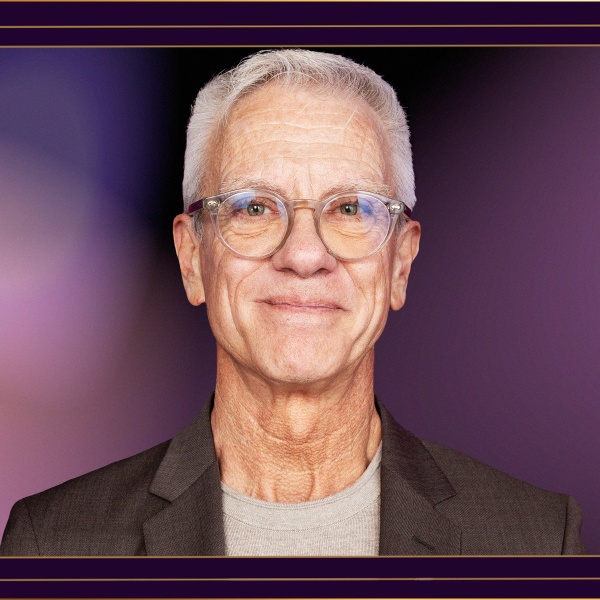On June 4, 1937, Hollywood dancer and movie extra Patricia Douglas went public with her experience at an MGM exhibitors convention the previous month, where she alleged that a salesman raped her in the parking lot of the studio-backed event. What followed was a systematic smear campaign against Douglas (one of the very first women to go public with her sexual assault in Hollywood) and a laughable attempt at a civil trial in which the prosecutor literally never showed up.
Douglas’ story went from the front pages to the dustbin of history, a cautionary tale for anyone who might get any ideas about the possibility of actual justice in Tinseltown. Until that is, David Stenn began researching a biography of Jean Harlow (who died days after Douglas made the front pages) and discovered Douglas’ story.
That discovery ultimately led to Stenn’s 2007 documentary “Girl 27” (how the press referred to Douglas) and a friendship with the still-living Douglas. Though the documentary engendered good reviews and some attention upon its Sundance Film Festival premiere and eventual distribution by Magnolia, “Girl 27” garnered renewed attention in 2017 when the #MeToo movement exploded.
Now, Stenn has acquired the full rights to the movie from Magnolia and made the entire thing available to stream for free on his YouTube channel.
As Stenn pointed out to IndieWire, until his 2003 Vanity Fair article exposing the whole story, this was the most massive and successful cover-up in Hollywood history. Upon the film’s premiere at Sundance, IndieWire wrote, “The highlights, the money shots in ‘Girl 27’ are the interviews with Douglas, who was in her ’90s at the time of the filming. Stenn may not be an expert at framing shots … ‘Girl 27’ is as matter-of-fact as non-fiction filmmaking gets, but he knows how to interview and gather material. Among the crowd of writers who become filmmakers, … it’s Stenn who shows strong promise.”
And as Stenn (who also wrote the Clara Bow biography “Runnin’ Wild”) told IndieWire upon the film’s premiere, “From the start, I felt outrage: First rape victim Patricia Douglas is denied justice, then her historic case gets buried. It disturbed me so much that I vowed to change it — by alerting the widest audience possible. I felt this was a unique, riveting story, and my job was just to not botch it up.”
Now Stenn has an even wider opportunity thanks to YouTube and the power of streaming.






